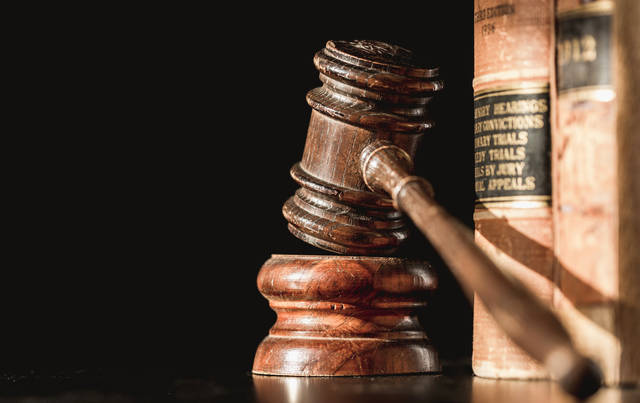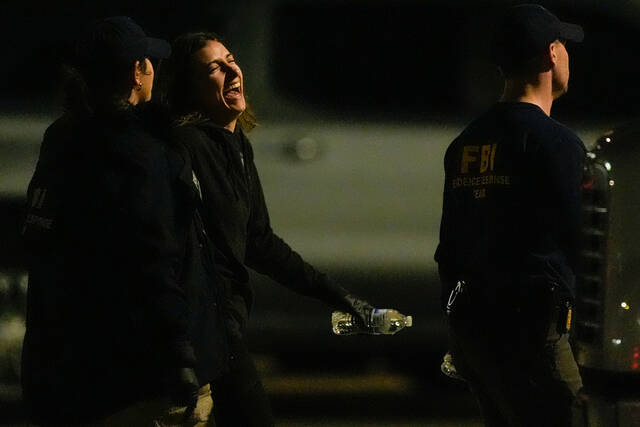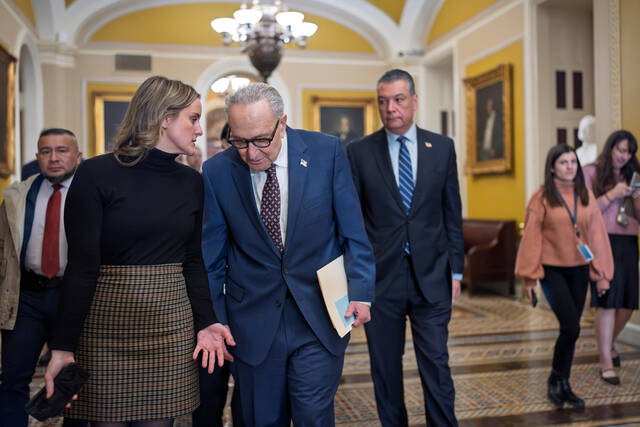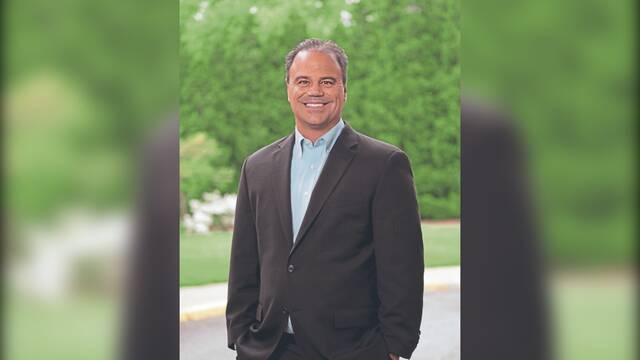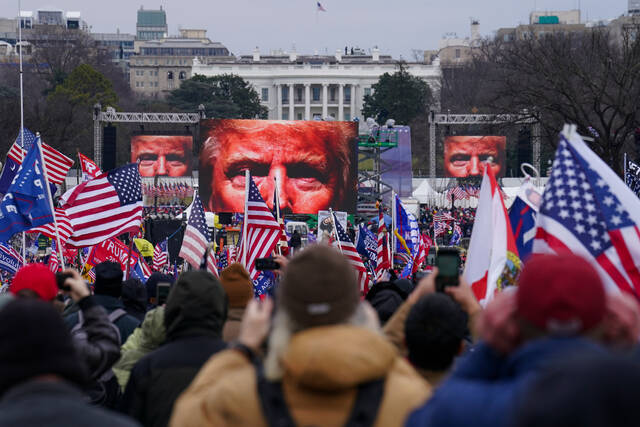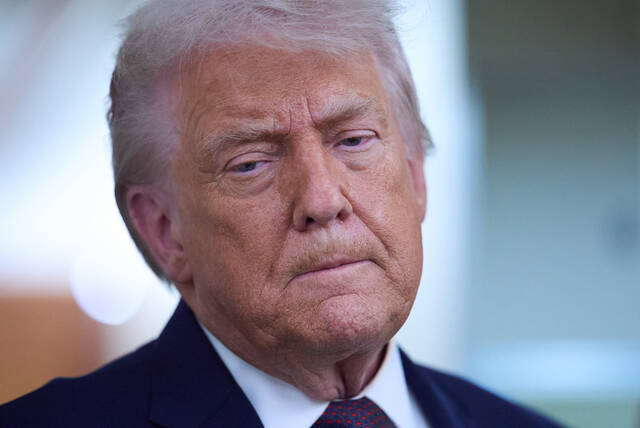Robert Mueller’s 448-page tome may leave an indelible stamp on American politics as Congress sorts through legal loopholes that allowed foreign powers unprecedented entry to presidential politics, a pair of local legal experts predicted.
Duquesne University President Ken Gormley, a legal scholar who penned best sellers on the Watergate and Clinton investigations, said the shocking takeaway from the investigation was the extent of Russian attempts to influence the 2016 election.
The report, heavily redacted in some areas to protect ongoing investigations, detailed how Russian hackers posing as everything from Pennsylvania coal miners to Black Lives Matter activists and Tea Party members used social media to sow political discord and promote the Trump campaign.
“The great extent the Russians went to to target different groups of Americans was just disturbing to see,” Gormley said.
Investigators found that Trump surrogates, campaign officials and even the president himself occasionally retweeted their posts. And then there were the concerted efforts of Russian nationals who hacked into campaign accounts and courted favor with campaign officials.
Just as Watergate gave way to campaign finance reform and government ethics laws, Mueller’s findings likely will spur new laws on foreign influence in American campaigns.
Gormley and Bruce Antkowiak, a former federal prosecutor and law professor at Saint Vincent College, agreed that a cursory reading of the report suggests Congress must revisit the law with regard to such issues.
“Business people and political people have been playing on the international stage for a long time. It would be great to have a little clarity about the extent to which we are willing to allow foreign players to influence our elections,” Antkowiak said.
Gormley said he was pleased that, despite extensive redactions for ongoing investigations, the report seemed to tell a fairly straightforward story.
He said the redactions point to the number of ongoing investigations, peripheral to the main probe, which may have been farmed out to various U.S. attorneys. Antkowiak, however, said that could be misleading. He said even cases involving individuals who have been prosecuted, but not yet sentenced, likely would have been blacked out in the report.
The majority of the items blacked out were marked sealed due to ongoing investigations. Only a small number dealt with issues such as personal privacy, grand jury testimony or revealing investigative techniques.
Although Antkowiak was satisfied with the report’s thoroughness, he said there’s little question that it will continue to be a topic in political discourse well through the 2020 election.
“To say we found some of this activity was questionable and that it did not reach the level of an indictable offense, but here it is … well, you have to understand the opponents of that person are going to pick up that ball and run as far as they can,” he said.
Both men agreed Mueller lived up to his reputation as “a straight shooter” within the justice department.
Gormley said it was apparent Mueller was troubled with what he saw with regard to the 10 categories he examined for possible obstruction of the law. “He knew he couldn’t indict a sitting president. But reading between the lines, I think he was telling Congress to look at its powers,” he said.
“Anyone who thinks this document is a complete exoneration of the president hasn’t read any of it, because it is troublesome,” Gormley said. “There is a whole section on Congress’ powers where he goes to great lengths to lay out the basis for Congress’ power. He’s clearly saying this isn’t over yet. This is a matter for Congress to handle at this point.”


